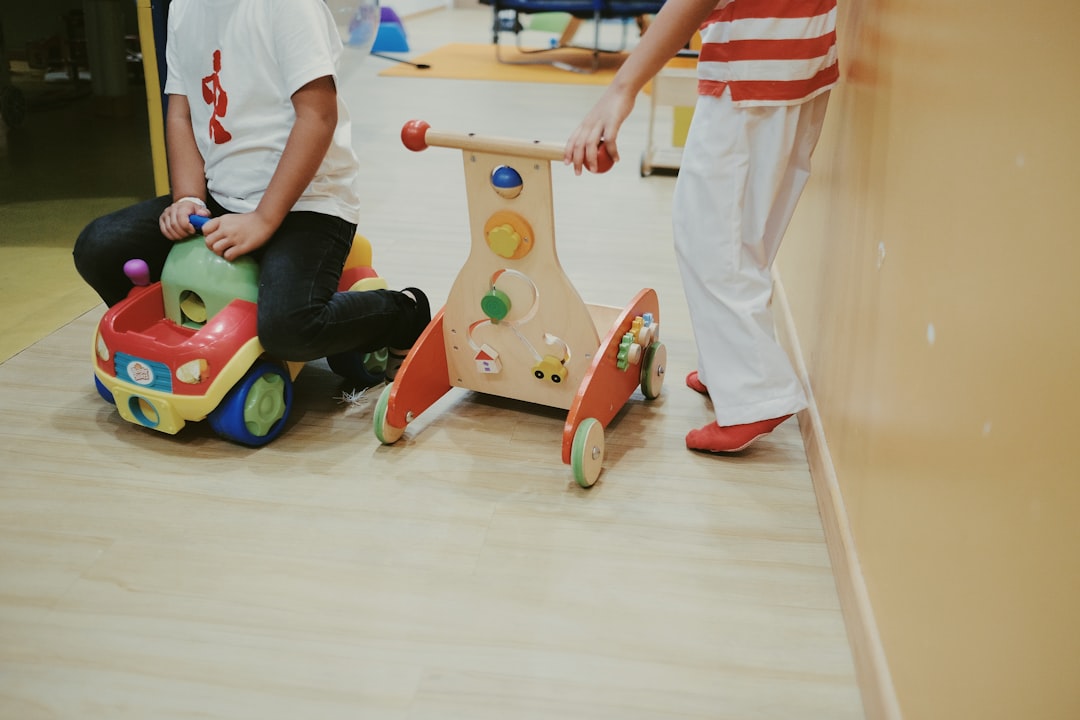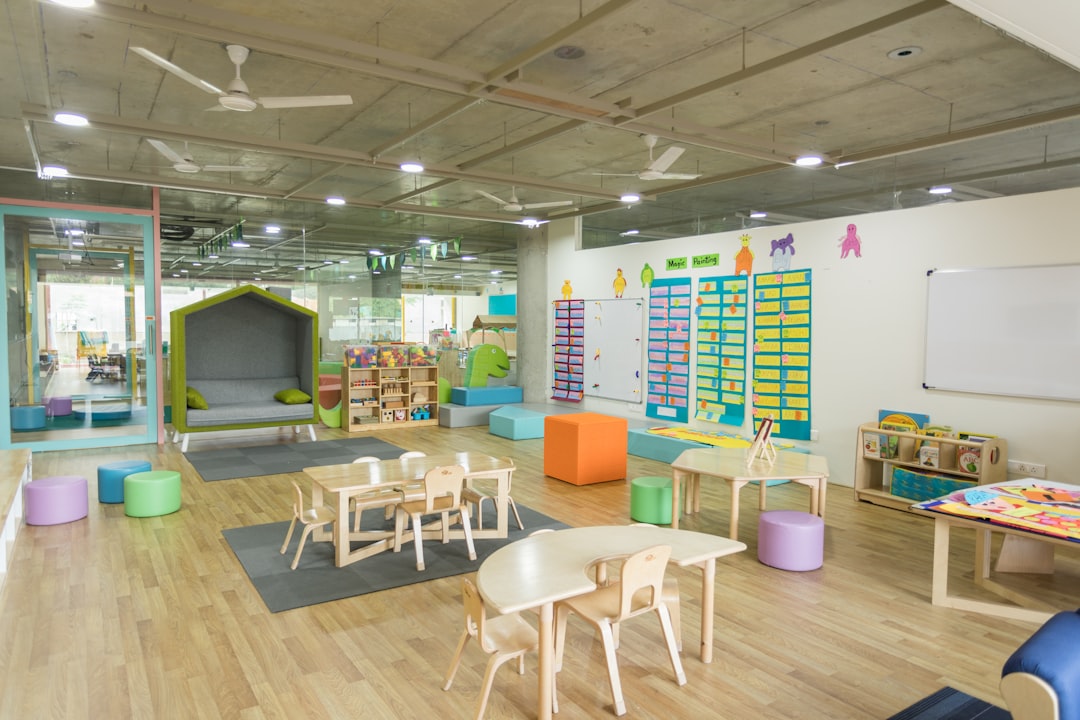Supervision is vital for safe, healthy Indianapolis daycare playgrounds, meeting legal standards and protecting children from abuse. Adequate supervision prevents accidents, legal issues, and safeguards children's well-being, with Indiana regulations mandating staff-to-child ratios and caregiver training. Daycare abuse law firms in Indianapolis help families affected by negligence or intentional harm, advocating for justice while maintaining accountability within the daycare community through inspections and best practices.
Supervision is a vital aspect of childcare, especially on playgrounds at Indianapolis daycares. This essential component safeguards children from potential dangers and plays a crucial role in preventing tragic instances of daycare abuse and neglect. With proper oversight, educators can create a secure environment, fostering healthy development through age-appropriate activities. This article explores the legal implications of inadequate supervision, highlights the importance of best practices, and guides parents on identifying qualified professionals to ensure their children’s safety, addressing the pressing concerns raised by Indianapolis daycare abuse law firms.
Ensuring Safety: The Role of Supervision in Indianapolis Daycare Playgrounds

Supervision plays a pivotal role in ensuring the safety and well-being of children in Indianapolis daycare playgrounds. With proper oversight, potential hazards can be identified and addressed promptly, creating an environment that promotes fun while minimizing risks. Trained staff members act as vigilant watchdogs, keeping a close eye on children’s activities to prevent accidents or instances of daycare abuse.
The presence of adequate supervision is crucial in meeting the legal standards set by Indianapolis’ daycare regulations and the state of Indiana. Daycare abuse law firms in Indianapolis IN highlight that proper oversight can serve as strong evidence of a facility’s commitment to child safety. By adhering to strict supervision protocols, daycare centers can protect their reputation and ensure the happiness and health of every child in their care.
Legal Implications: Protecting Children from Daycare Abuse and Neglect

Proper supervision on Indianapolis daycare playgrounds is paramount, not just for ensuring kids’ safety, but also for preventing potential legal implications and protecting children from daycare abuse or neglect. Indiana, like many states, has strict regulations regarding daycare centers, including mandated staff-to-child ratios and specific training requirements for caregivers. These rules exist to safeguard children under their care.
Daycare abuse law firms in Indianapolis, IN serve as a crucial resource for families who suspect their child has been harmed due to inadequate supervision or intentional maltreatment. Such legal professionals specialize in navigating complex laws and advocating for victims of daycare abuse, holding negligent facilities and individuals accountable. They work tirelessly to secure justice and compensation for affected children, ensuring that their experiences do not go unacknowledged or unremedied.
Best Practices: Strategies for Effective Supervision in IN Daycares

Supervision is a cornerstone of safe and nurturing environments in Indianapolis daycares, preventing potential hazards and mitigating risks. Some best practices for effective supervision include staff-to-child ratios that align with state guidelines, continuous adult oversight during playtime, and regular training on childcare safety protocols. Daycare centers should foster open communication between staff, parents, and legal professionals specializing in daycare abuse law firms Indianapolis IN to establish a culture of transparency and accountability.
Implementing proactive measures such as age-appropriate play areas, well-maintained equipment, and clear emergency response plans further underscores the commitment to child safety. Regular inspections and audits can identify potential dangers, while promoting a safe playground environment encourages children’s physical, emotional, and cognitive development.





